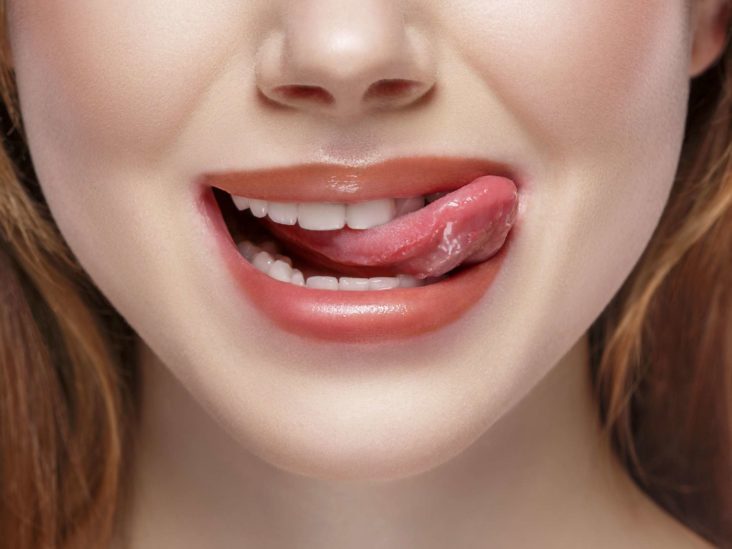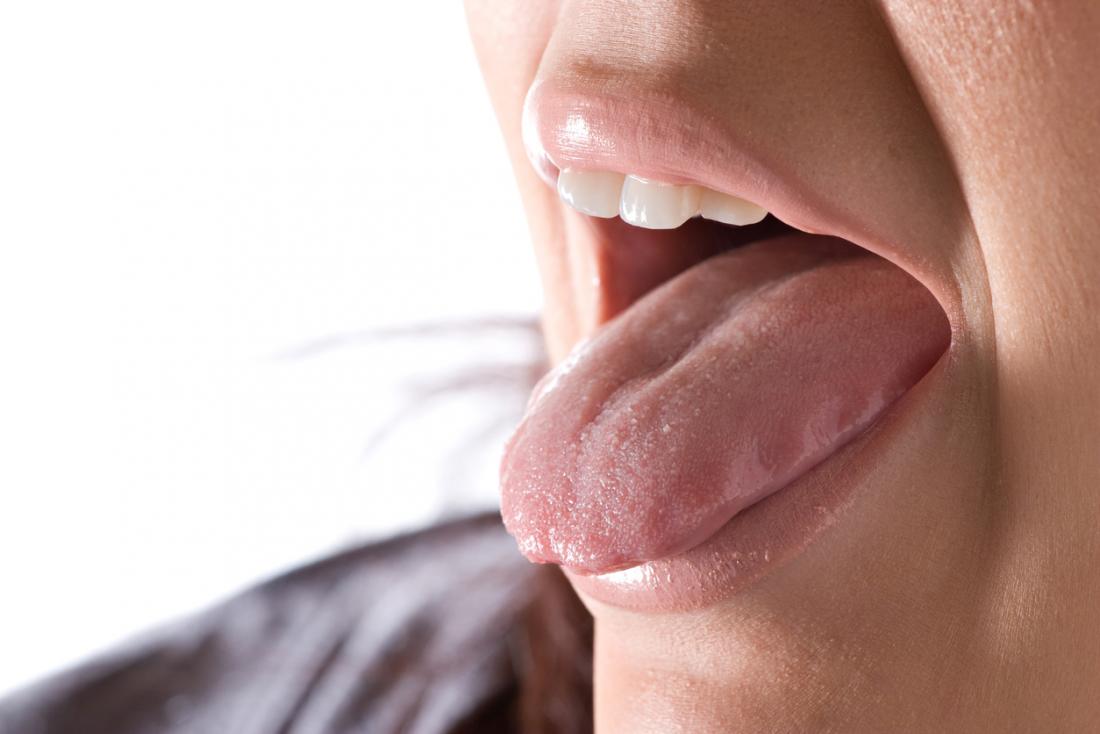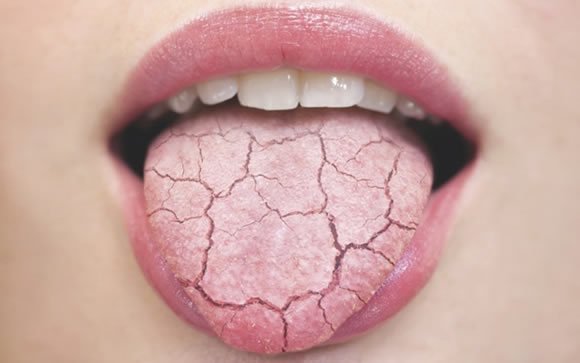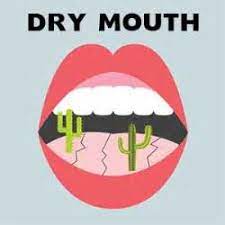
How to Get Rid of Dry Mouth at Night
There are a few different reasons why dry mouth might strike when you’re trying to snooze. One common cause is dehydration. When you’re not well-hydrated, your body doesn’t produce as much saliva as usual. This lack of saliva can leave your mouth feeling dry and parched. Another possible cause of dry mouth at night is certain medications. Some drugs have dry mouth as a side effect, so if you’ve started taking a new medication recently, that could be the culprit. Additionally, certain medical conditions, such as Sjogren’s syndrome and diabetes, can cause dry mouth.
dry mouth relief at night
34. Constant Dry Mouth


dry mouth relief natural
Xerostomia, more commonly known as dry mouth, is a condition that can occur for a variety of reasons. It can be caused by medications, salivary gland disorders, or simply dehydration. Dry mouth can be uncomfortable and even lead to difficulty sleeping. Fortunately, there are a few home remedies that can help to alleviate the symptoms of dry mouth at night.
dry mouth relief home remedy
When your mind is constantly racing and you're worried about everything from the past, present and future, it's tough to relax enough to fall asleep. This lack of relaxation can dry out your mouth and leave you feeling parched all night long. If you're struggling with dry mouth at night, there are a few things you can do to help ease the symptoms.

dry mouth relief spray
There are a number of reasons why you might have dry mouth, also known as xerostomia. It could be due to a medication you're taking, or a medical condition such as Sjogren's syndrome or diabetes. Dry mouth can also be a side effect of certain treatments, such as radiation therapy for cancer. In addition, people who smoke or drink alcohol are more likely to experience dry mouth.
nighttime dry mouth relief
First, try drinking a glass of water before bed. This can help to keep your mouth hydrated throughout the night. You can also try using a humidifier in your bedroom, as this can help to add moisture to the air and relieve dryness. Finally, if anxiety is the root cause of your dry mouth, consider talking to a therapist or counselor about ways to ease your anxiety and get a

How Can I Increase Saliva In My Mouth?
Sucking and chewing both encourage salivation.
Consider ice pops or ice cubes without sugar.
Gum without sugar or hard candies without sugar that contains xylitol.
Try drymouthpro oral rinse. It helps to increase saliva production.
What Foods Help With Dry Mouth?
Soft natural foods like soups, canned fruits, soft cooked/blended veggies like carrots or celery, mashed potatoes, soft-cooked pasta, oats, ice cream, pudding, and popsicles are other examples of soft foods that are beneficial for those with dry mouth.
How Do You Get Rid Of Dry Mouth?
To increase saliva production, chew sugar-free gum or savor sugar-free hard candies.
Reduce your caffeine intake because it can dry up your mouth.
Alcohol-containing mouthwashes should not be used as they can be drying.
If you chew tobacco or if you smoke, stop immediately.
Drink water frequently. Use DrymouthPro oral rinse, it is the most effective remedy.
How Do You Get Rid Of A Dry Mouth Overnight?
Treatments for Dry Mouth at Night
To add moisture to the air at night, use a humidifier.
To stay hydrated, sip lots of water throughout the day.
Use drymouthpro oral rinse. It is a moisturizing mouth mouthwash; stay away from alcohol-containing ones. Eat nothing spicy, acidic, or sweet before going to bed.
Is Dry Mouth A Serious Problem?
On its own, dry mouth is not a major medical condition.
However, it might occasionally be a sign of a different illness that needs medical attention.
Additionally, issues like tooth decay and ulcers in the mouth may result.
What Causes Dry Mouth All Of A Sudden?
Dry mouth may be caused by autoimmune disorders like Sjogren's syndrome or HIV/AIDS, as well as by ailments like diabetes, stroke, oral yeast infection (thrush), Alzheimer's disease, or other health conditions.
Additionally, mouth breathing and snoring can cause dry mouth.
Is Dry Mouth A Symptom Of Diabetes?
Dry mouth is a common symptom of high blood sugar in diabetics.
Sometimes the first obvious sign of diabetes is dry mouth.
Speak with your healthcare physician if you experience dry mouth and suspect you may have diabetes.
Can Stress And Anxiety Cause A Dry Mouth?
Stress can have a variety of physical effects on your body and raise your risk of acquiring a wide range of diseases, including dry mouth.
Dry mouth can result from stress and anxiety, according to the Journal of Dental Research, Dental Clinics, and Dental Prospects.
Does Lemon Water Help With Dry Mouth?
Lemon is a well-known natural treatment for dry mouth because of its citric acid concentration and tart flavor.
Will Dry Mouth Go Away?
Drink water: Drinking enough of water can keep you hydrated and ease dry mouth.
According to studies, dehydration may contribute to dry mouth.
Increased water consumption can aid in the treatment of mild dehydration.